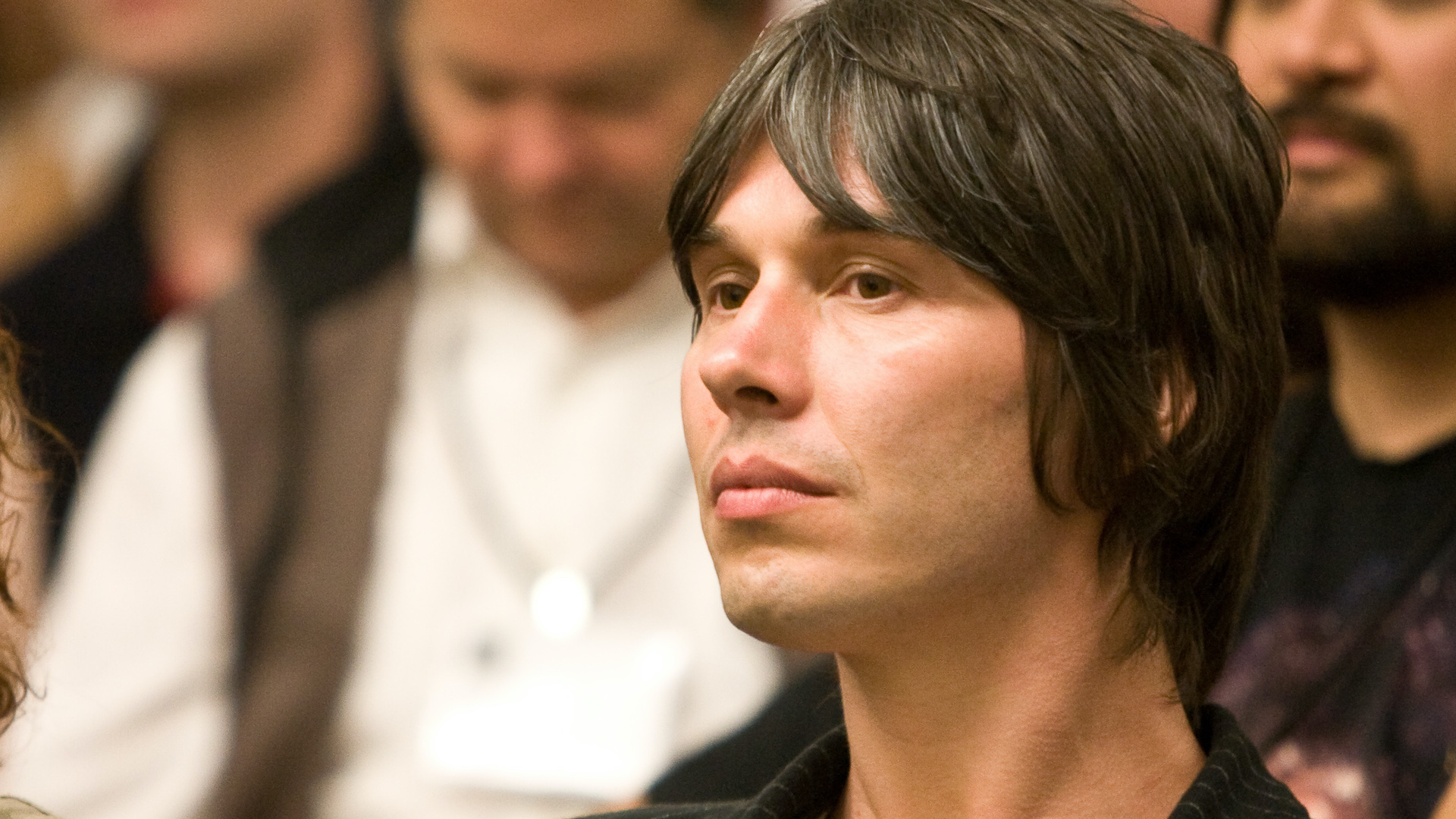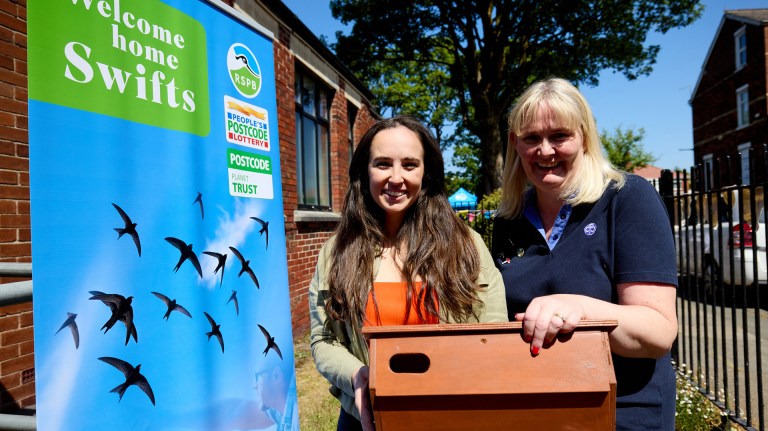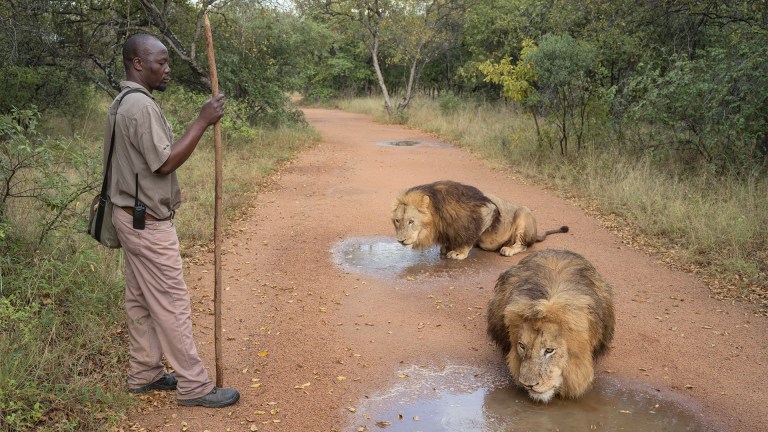Leading British scientist Professor Brian Cox has called for renewed international co-operation similar to the European Organisation for Nuclear Research, known as Cern, to address global warming and escalating environmental crises.
Speaking to naturalist and TV presenter Chris Packham as part of a special edition of The Big Issue magazine, Cox said a solution which locks countries into committing longer-term “funding and effort” is the only way to side-step domestic politics which have so far failed to address the climate crisis.
Cern is funded by dozens of countries in the pursuit of science for peaceful purposes. It has been responsible for successive breakthrough discoveries about the nature of the universe since its foundation in 1954.
“There’s democratic oversight, each country funds it, but Cern was set up by international treaty in a way that makes it difficult for individual countries on short timescales to pull out or change their budgets,” Cox said. “So it was very smart. I think that sort of thing is the way forward.
“My personal view is that the answer is some kind of Cern-type model for the environment, set up by international agreements between countries.”
The #EarthDay2021 edition of @BigIssue is on sale now . . . here is an excerpt . . . https://t.co/mwOSX7KuVg Please think about subscribing to this brilliant British institution .
— Chris Packham (@ChrisGPackham) April 20, 2021










